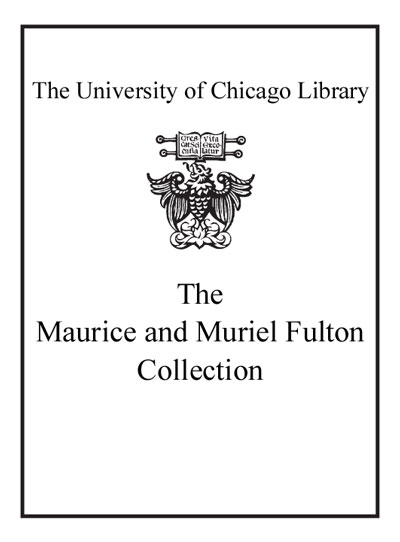Review by Choice Review
This cogent, engaging ethnography of space and society provides valuable insights into the rapidly-changing contemporary Chinese capital. Fleischer (anthropology, Univ. de los Andes, Colombia) has captured the formation of a northeastern Beijing suburb over a decade of transformation and carefully distills the streams of urbanization embodied there by older villagers and disappearing farmlands, Maoist work units and the aging employees they brought to the city, new real estate developers and upwardly mobile, post-Maoist clients, and illegal migrants surviving at the fringes of the city. Linking space, social identities, and consumption, this vivid analysis underscores changes and continuities in family structure, neighborhood and community, and history and nationhood that underpin dynamic, transformative tensions in Chinese peri-urban life. The text provides historical data, urbanistic information, and compelling life histories that make it both clear and accessible to general and classroom audiences. More detailed engagements with Chinese social and cultural issues and urban theory are explored in extensive and invaluable endnotes, guiding scholarly readers through a valuable bibliography. An excellent resource for contemporary Chinese studies that should prove equally suggestive in reading the complexities of other suburbs in North America and other global suburban developments. Summing Up: Highly recommended. All levels/libraries. G. W. McDonogh Bryn Mawr College
Copyright American Library Association, used with permission.
Review by Choice Review

